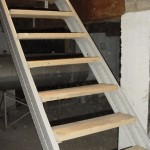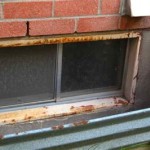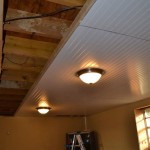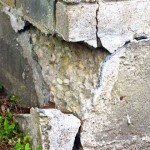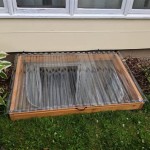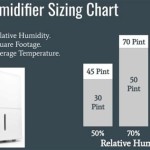What Type of Insulation for Basement Walls?
Insulating basement walls is a crucial step in creating a comfortable and energy-efficient living space. The right type of insulation can prevent moisture problems, regulate temperature, and reduce noise. Here's a comprehensive guide to help you choose the best insulation for your basement walls:
Types of Insulation
Extruded Polystyrene (XPS):XPS is a rigid foam insulation made from polystyrene. It is resistant to moisture, mold, and insects, making it ideal for below-grade applications. XPS has a high R-value per inch, but it is more expensive than other insulation options.
Expanded Polystyrene (EPS):EPS is similar to XPS, but it is made from a different manufacturing process. It is less dense than XPS and has a lower R-value per inch. However, EPS is more cost-effective and can be easier to install.
Polyurethane Foam:Polyurethane foam is a spray-applied insulation that expands to fill the cavities in basement walls. It has a high R-value per inch and provides excellent air sealing. However, polyurethane foam is more expensive than other insulation types and requires professional installation.
Fiberglass Batts:Fiberglass batts are made from spun glass fibers. They are less resistant to moisture than foam insulation but are relatively inexpensive and easy to install. Fiberglass batts should be used with a vapor barrier to prevent moisture absorption.
Choosing the Right Insulation
Moisture Resistance:Basement walls are prone to moisture problems. Choose an insulation that is resistant to moisture, such as XPS or polyurethane foam.
R-Value:The R-value measures the insulation's resistance to heat flow. A higher R-value indicates better insulation. Aim for an R-value of at least R-15 for basement walls.
Cost:Insulation costs vary depending on the type and thickness. Consider your budget when making a decision.
Installation:Some insulation types require professional installation, while others can be installed by homeowners. Choose an insulation that suits your skill level.
Additional Considerations
Vapor Barrier:A vapor barrier is essential to prevent moisture from penetrating the insulation. It should be installed over the insulation and sealed at all seams.
Insulation Thickness:The thickness of the insulation depends on the R-value desired and the climate zone. Consult with a local building professional for guidance.
Air Sealing:Air sealing is crucial to prevent heat loss and improve insulation effectiveness. Seal any gaps or cracks around the insulation and at the wall-to-floor joint.
Conclusion
Insulating basement walls is a worthwhile investment that can enhance comfort, reduce energy bills, and protect against moisture problems. By choosing the right type of insulation based on your specific needs and considerations, you can create a well-insulated and energy-efficient basement space.

How To Insulate A Basement Wall Greenbuildingadvisor

Three Ways To Insulate A Basement Wall Fine Homebuilding

How To Insulate Basement Walls True Value

Basement Wall Insulation Knauf

Healthy Basement Insulation Systems Quality Built Basements Llc

How To Insulate Your Basement Like A Pro

Doe Building Foundations Section 2 1 Insulation

Adding Insulation To Basement Walls Fine Homebuilding

Insulation 101 Basics Scott Mcgillivray

Inorganic Basement Wall Panels In Stamford Norwalk West Hartford By Expert Contractors To Beautiful Insulated
Related Posts


